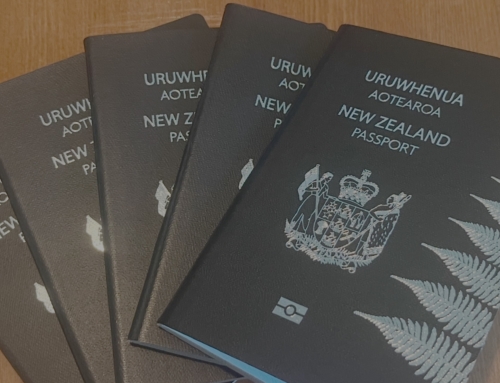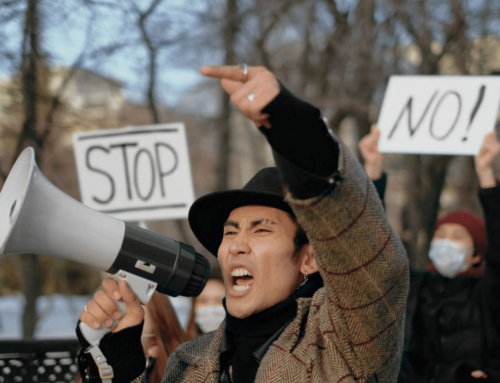The mindset of Western and European people is fundamentally influenced by our crappy weather.
When I want to take my kids out of doors, we have to hunt for a large list of essential clothing:
- Coats
- Shoes
- Socks
- Baby Legs (but my 5 year old insists we call them “leggings,” and if I call them “Baby Legs” we have to go find ANOTHER pair)
- Sweaters
- Hats
- Scarves
- Gloves
Amidst the 30-minute search for all of these pieces, I have learned a few interesting things.
- We will only have, on average, 70% of the pieces of clothing we need when we want to go outside. The rest have to be found in various (sometimes unexpected) locations in our house.
- This search may be interrupted by one, maybe two, potty breaks.
- Our interaction with our natural environment is interrupted by this entire process.
Last night, mid-sock search, I compared the ritual of leaving the house in Portland to the ease of leaving the house in Costa Rica. “You’ve got your bathing suit on? Sandals? Okay, let’s go!”
With such an easy transition from inside-to-outside, there must be an easier relationship between man and environment. Here in the Pacific Northwest rain forest, in mid-May we have to bundle up in protective clothing to transition from waterproof shelter into braving the elements directly.
In the tropical, Central American rain forest, the relationship between man and environment is collaborative. Yes, you must shield yourself from direct sunshine around noon (that’s why they have siestas). Yes, it does rain very heavy during the monsoon season (that’s why everyone goes out in the mornings, when its dry and sunny, and stays indoors in the rainy afternoons).
This cyclical series of varying weather is much different than our eternally dreary environment, which we continually find ways to shelter ourselves from. You can walk around in the rain in Costa Rica; it’s like taking a warm shower. You can sit outside in the hottest part of the day, if you find a spot of shade.
In Portland, a lack of protection from the elements can lead to discomfort, sickness, and sometimes misery. And when shepherding two young children between the inside shelter and the outside environment, I was reminded of the difference between Western and Eastern religion.
Joseph Campbell’s excellent documentary Sukhavati described these differences aptly. The Judeo-Christian tradition is unique in that it contains a fall from grace, and institutes duality between man and the cosmos. We are then given the opportunity to fight for the good.
This is unique, Campbell says, compared to nearly every other religion, which involves putting yourself in accord with the cosmos.
I would posit that one of the reasons Christianity spread so well in European nations is (among many other factors, some of them bloody) the inherent duality between man and environment in crappy weather.
Living in a cave while hiding from ice and snow, man finds himself in a fight against nature, and a religion that enables that opposition to manifest itself spiritually will be easier for someone to incorporate into their worldview, than a religion that encourages accord with the very elements that we hide from.
I am excited to see how the culture of Costa Rica aligns itself with its environment, and how my family and I can finally put our energy towards doing the same.






Leave A Comment